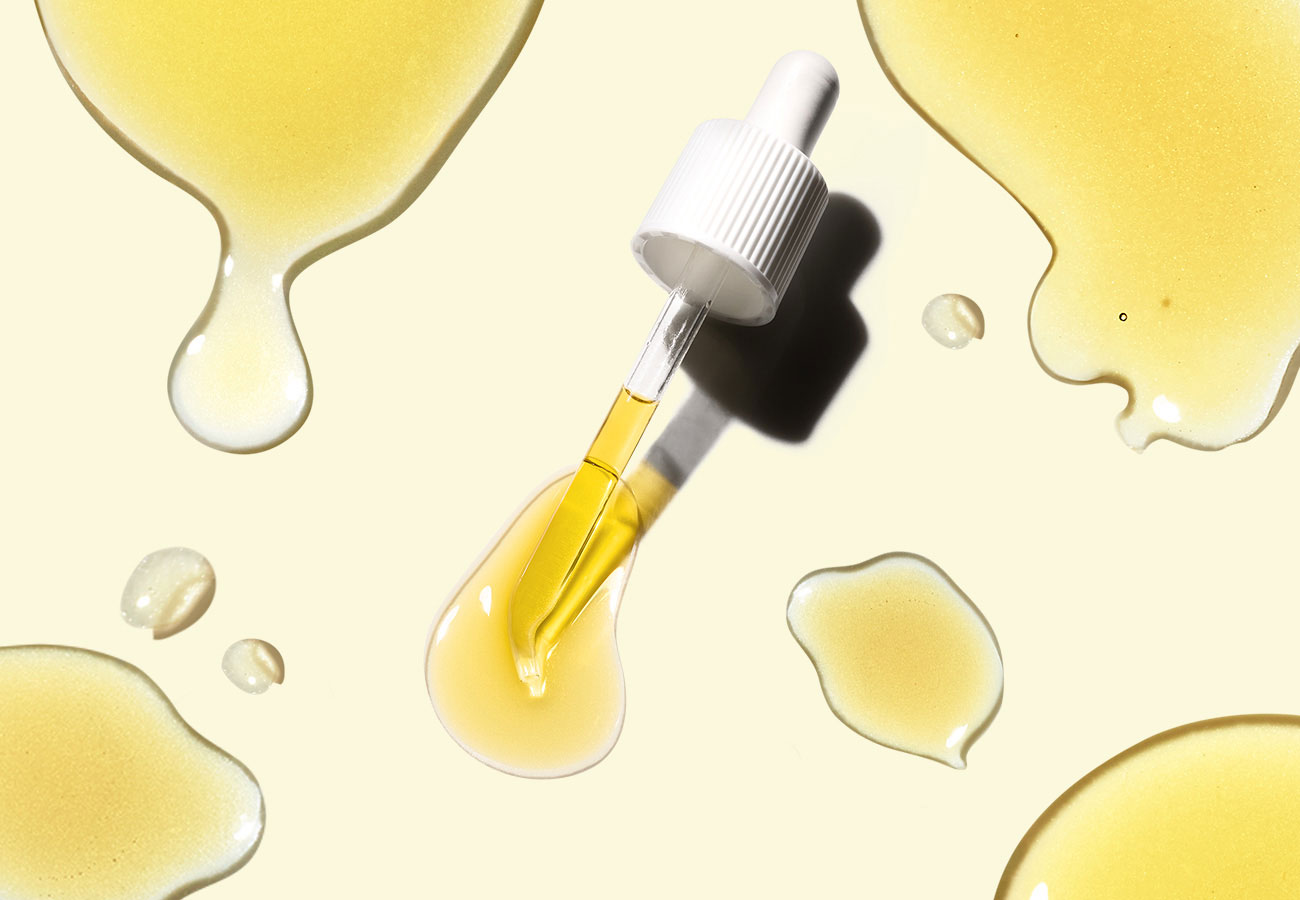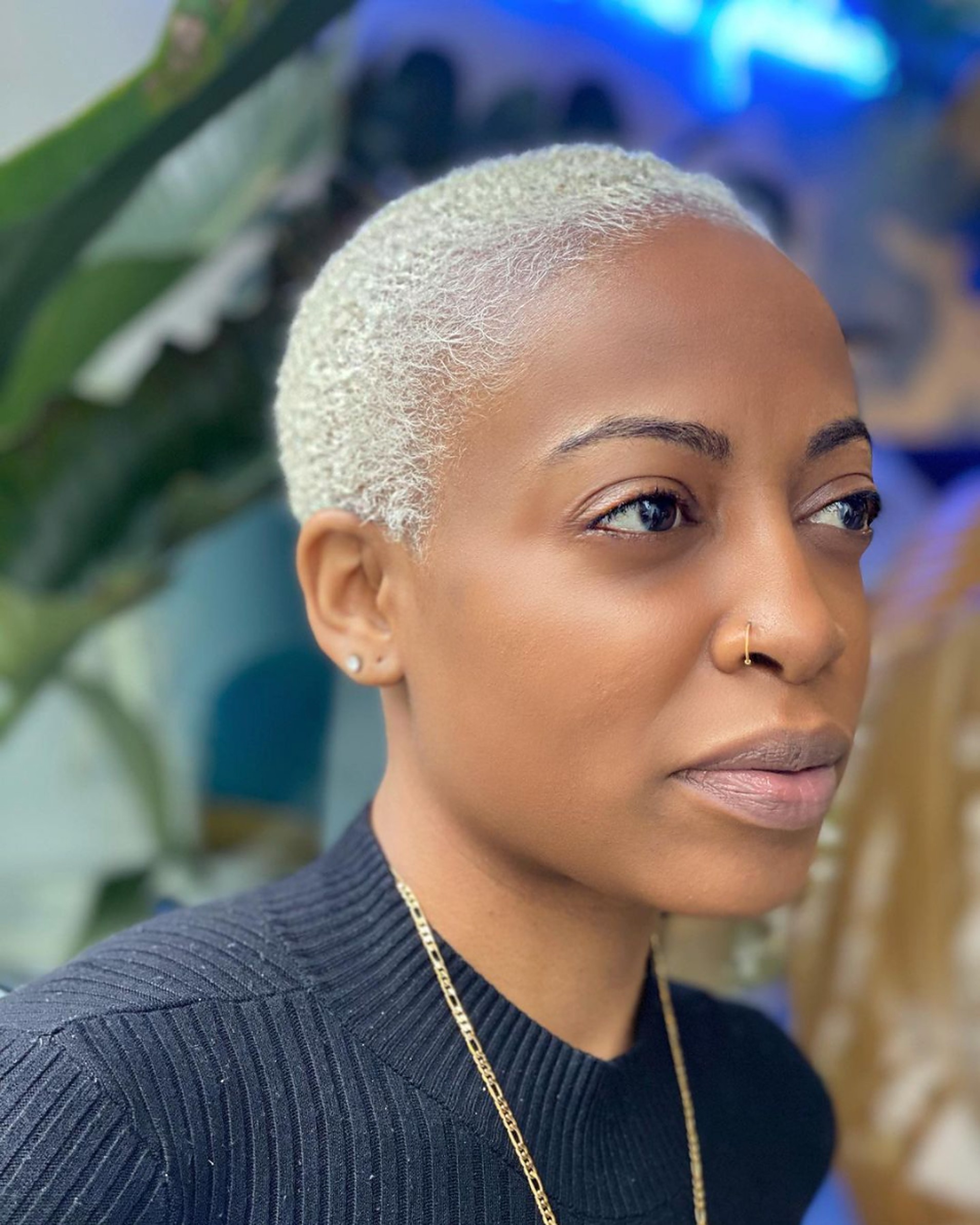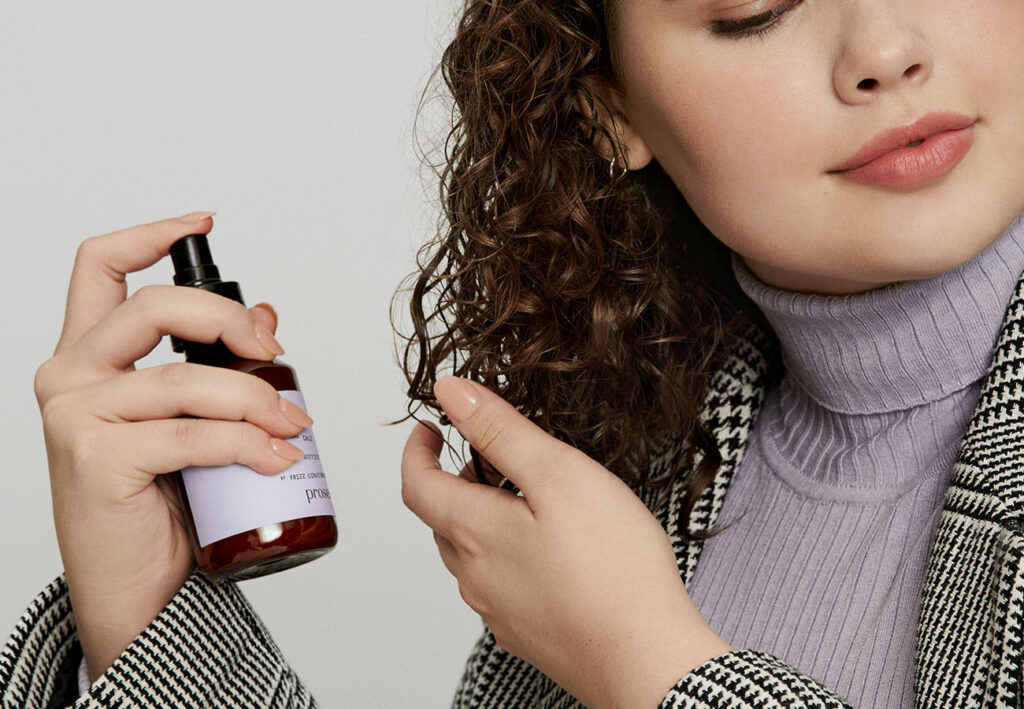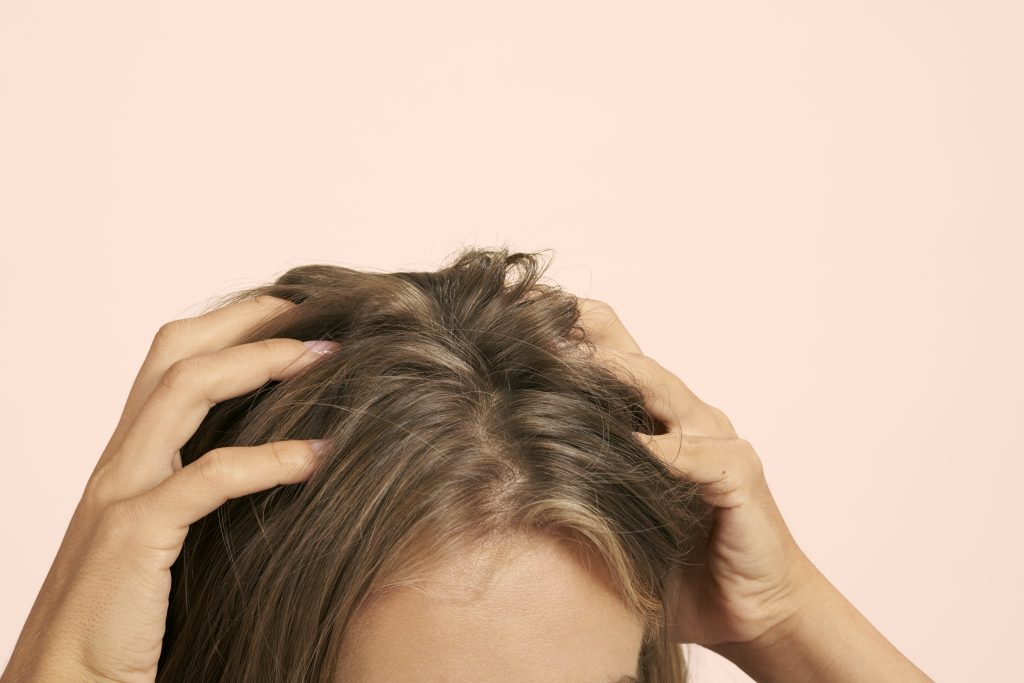What vitamin F is
Don’t let the name fool you—vitamin F is actually not a vitamin. “It’s an essential fatty acid,” says Nicolette Rauchut, Senior stylist at Lrn Beauty. “Humans and other animals need this element in order to survive, considering the body cannot make this on its own.” These essential fatty acids supply calories for the body to thrive, and support growth and development along with blood pressure control and immune system support.
Holly Dear, owner House of Dear Hair Salon and House of Dear Clean Beauty collection, explains that vitamin F is the mixture of two fatty acids, omega 3, and omega 6. These omegas are found in supplements and certain foods, including salmon and nuts.
The nutrients found in vitamin F
“The two fats that compose what we refer to as vitamin F are alpha-linolenic acid (ALA) and linoleic acid (LA),” says Gina Rivera, Celebrity Stylist and Founder of Phenix Salon Suites.
Vitamin F is particularly rich in linoleic acid (aka omega 6) in their natural biologically active form and helps condition and lubricate hair for an improved compatibility. It also promotes scalp and hair health by strengthening the scalp’s skin barrier and the hair fiber.
Why scalp care is important
The benefits of vitamin F for hair
“When it comes to hair, our structure is supported by 86 percent keratin protein,” Rauchut says. “In order to support production of keratin in hair, give it the nutrients it needs. When you have a high intake of essential fatty acids you will find that your hair feels stronger, thicker and appears more shiny. I have noticed amongst my clients that the ones who have a lifestyle of eating high protein with essential fatty acids have less complaints and concerns about the quality of their hair.”
Additionally, those who are vitamin F deficient, or lacking in ALA and LA, can experience a range of symptoms that can affect their appearance, such as dry skin and hair loss, warns Rivera. “Vitamin F contributes to a healthy scalp and helps to maintain moisture in the scalp and hair,” she adds.
The hair types vitamin F is best for
Thirsty strands that need more moisture are the ideal candidates for vitamin F. At House of Dear Hair Salon, they offer an infrared treatment in which vitamin F is infused into each hair strand. “The infrared helps seal vitamin F into the hair shaft,” Dear says. “I would highly recommend the infrared treatment if your hair is in need of hydration. Additionally, those concerned with fall out or thin to compromised hair quality would also greatly benefit.”
The best way to use vitamin F for hair
This depends on the person and their individual hair type. “When it comes to taking this in supplement form I always like to note that you should also ingest these essential fatty acids with food because the digestive system doesn’t always absorb all aspects of supplements,” Rauchut says. “Another way to implement these amazing essential fatty acids is through a topical beauty product. You may notice that some shampoos and scalp products actually have LA and ALA. Using these fatty acids topically can also increase the benefits they have to offer in a faster, more direct delivery system.”
To reap the rewards of vitamin F for hair, you can include it in your diet. “It’s found in fish oil and fish such as salmon as well as a variety of oils, including olive oil and flaxseed oil,” Rivera says. “Nuts, such as almonds and pecans, also serve this purpose well. However, as with any dietary changes or adjustments, it’s very important to always consult with your physician first.”
It can also be applied directly to the scalp through various vitamin F oils on the market, some of which originate with safflower oil.
Which Prose products contain vitamin F?
You’ll find Vitamin F among the possible ingredients in Prose’s custom shampoo. If your formula calls for scalp balancing and a moisture boost, then you can bet Vitamin F is included in your personalized products.





